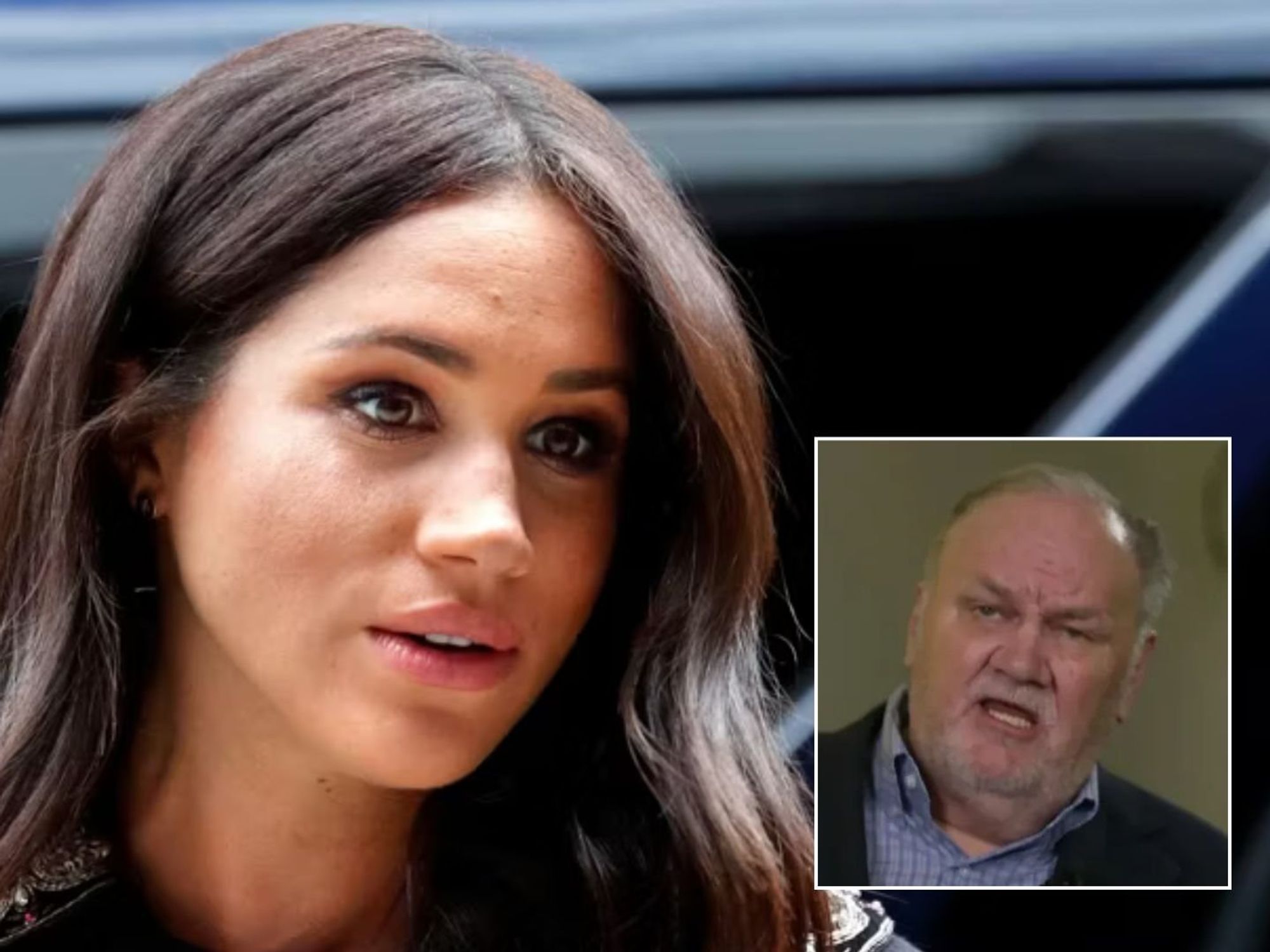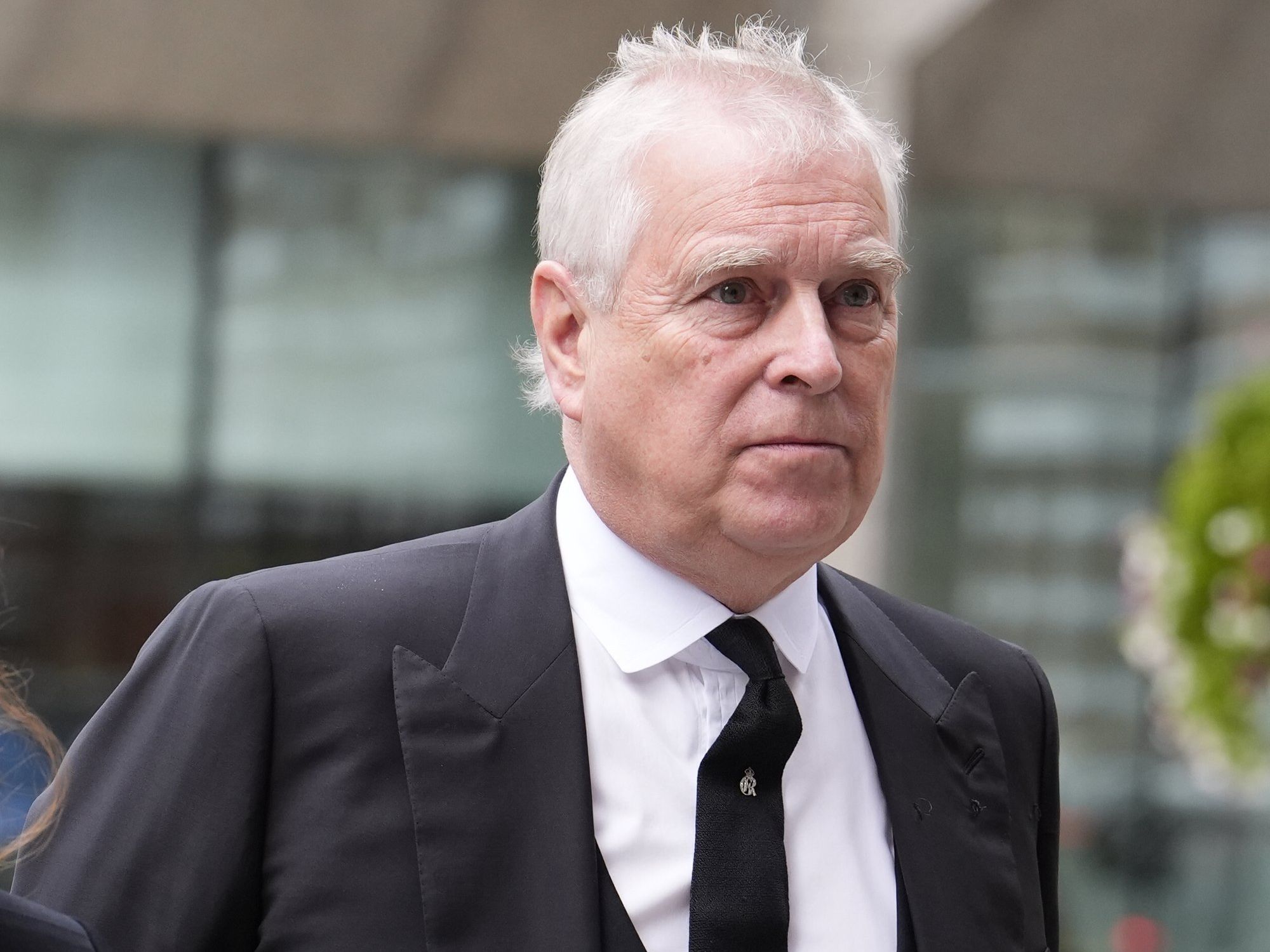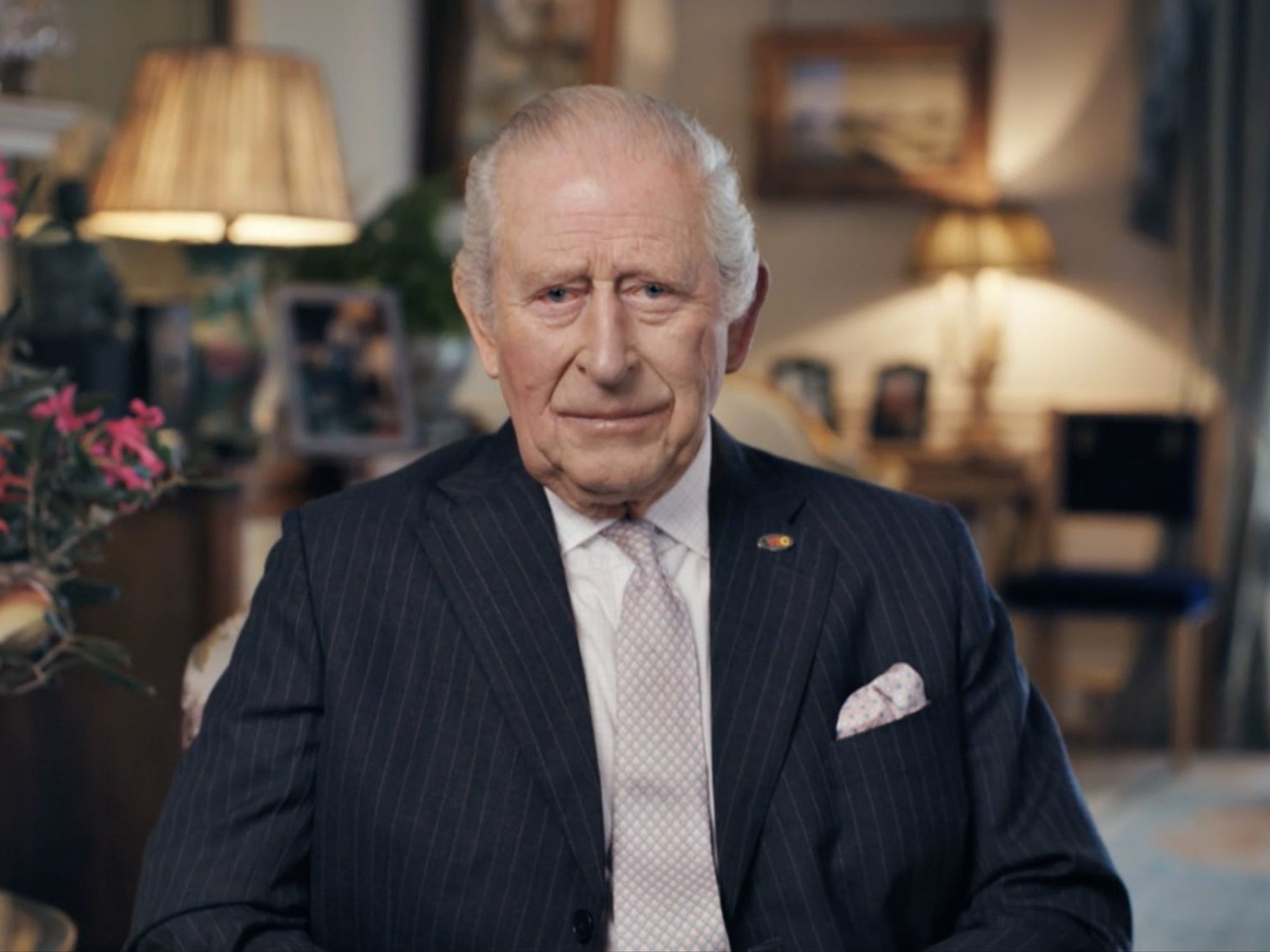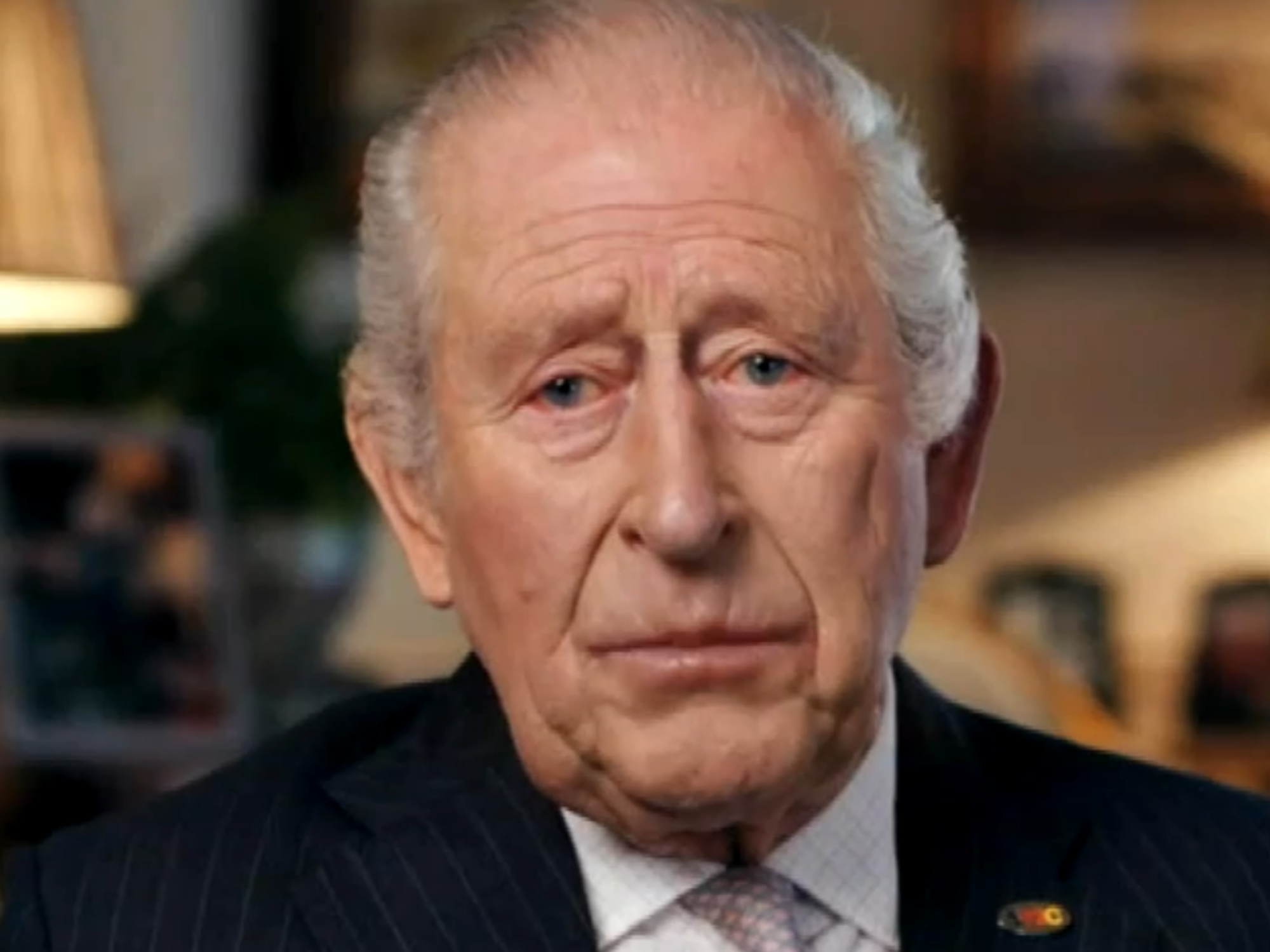Why Martin O'Neill left Celtic in 2005 as Hoops icon returns for second stint after Brendan Rodgers exit

GB News sports editor Jack Otway takes a look at the 73-year-old's temporary return to Parkhead
Don't Miss
Most Read
Latest
When Martin O’Neill first left Celtic in 2005, it felt like the end of an era — one defined by success, steel, and a rekindling of pride that had long been missing at Parkhead.
In five remarkable years, the Northern Irishman transformed Celtic from a club drifting in the shadow of its rivals into a formidable domestic and European force.
His departure, though dignified, came amid deep emotion and personal sacrifice — and his return now, two decades later, as interim manager, brings the story full circle.
O’Neill arrived at Celtic in the summer of 2000, inheriting a fractured squad and a fanbase desperate for direction.
TRENDING
Stories
Videos
Your Say
Within months, he had turned chaos into control. His first season remains the stuff of legend: a domestic treble — the Scottish Premier League, Scottish Cup, and League Cup — achieved with an intensity and tactical clarity that redefined the modern Celtic.
His team played with power and purpose, anchored by Henrik Larsson’s brilliance, Chris Sutton’s physicality, and Paul Lambert’s leadership.
The message, then, was simple: Celtic were back.
Under O’Neill, the Hoops not only dominated Scotland but also reclaimed their place on the European stage.
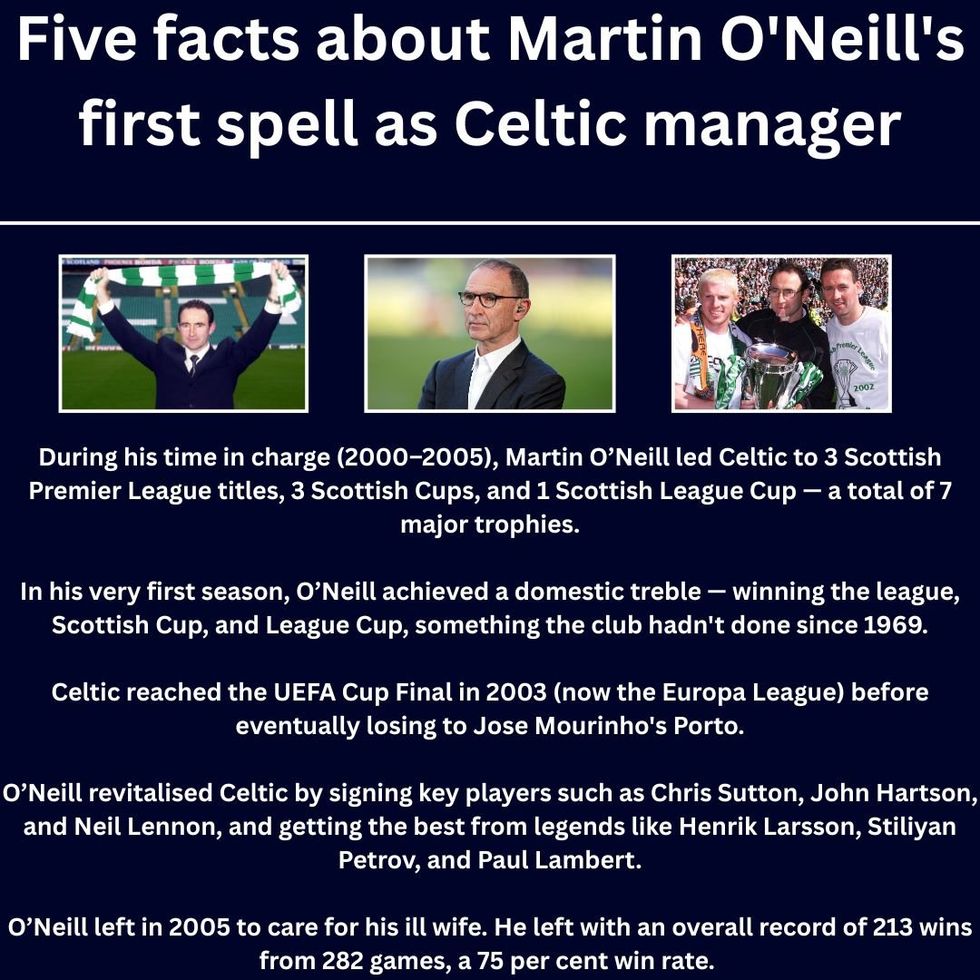 Martin O'Neill will be hoping to steady the ship at Celtic amid their difficult start to the season | GBNEWS/PA
Martin O'Neill will be hoping to steady the ship at Celtic amid their difficult start to the season | GBNEWS/PAThe high point came in 2003, when his side reached the UEFA Cup Final in Seville after a thrilling run that saw them defeat Blackburn Rovers, Liverpool, and Boavista.
They ultimately lost 3–2 to José Mourinho’s Porto after extra time, but the campaign captured imaginations across Europe and restored Celtic’s stature among the continent’s elite.
Domestically, O’Neill’s teams were relentless.
He won three league titles, three Scottish Cups, and a League Cup, while pushing Rangers to their limits in a rivalry that defined Scottish football’s early 2000s.
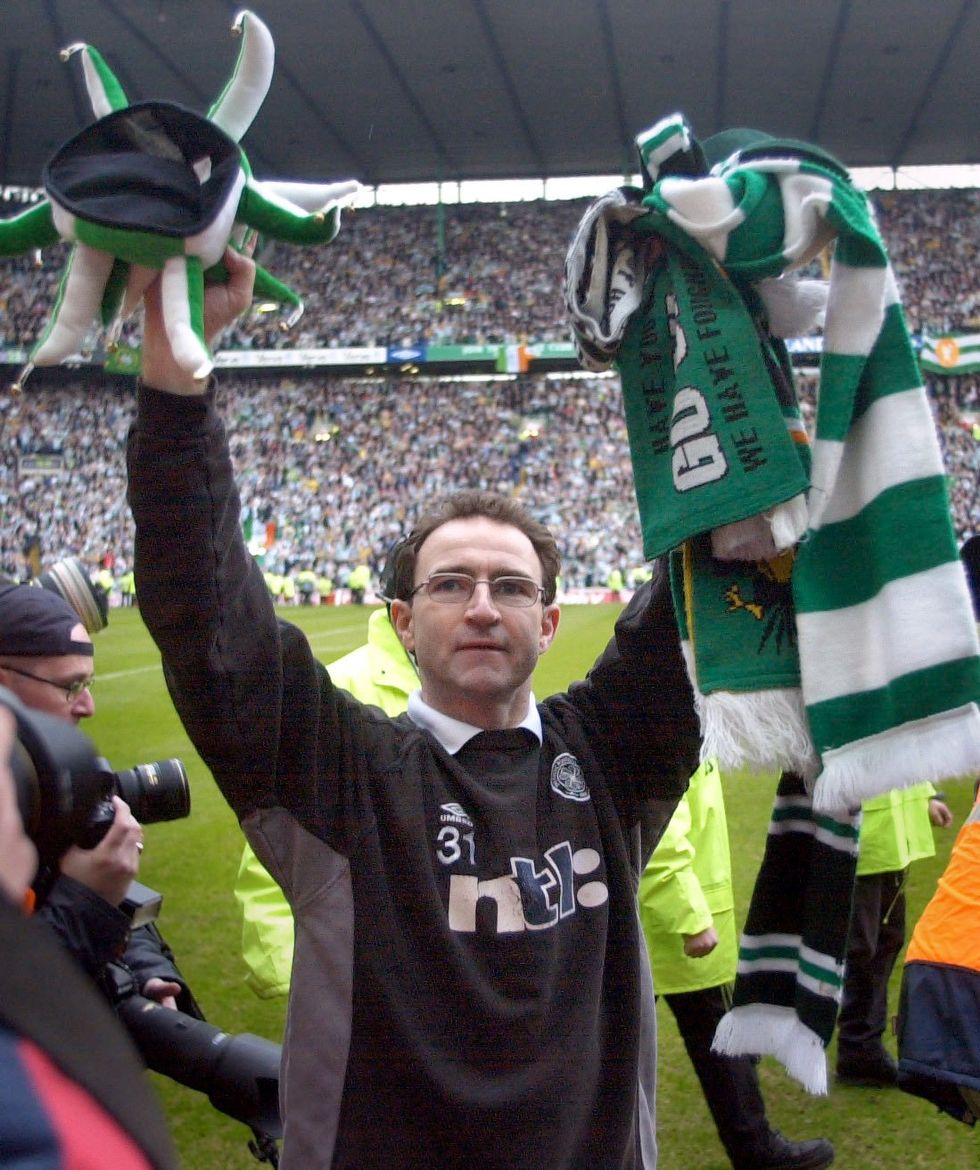
Martin O'Neill established himself as a Celtic icon during his time in the dugout
|PA
His ability to blend grit with guile made Celtic not just winners but entertainers — a side capable of sweeping football one week and dogged resistance the next.
His teams reflected his personality: disciplined, passionate, and fiercely united.
Yet behind the success, personal challenges were mounting.
In May 2005, O’Neill announced he would step down at the end of the season to care for his wife, Geraldine, who had been diagnosed with lymphoma.
LATEST DEVELOPMENTS
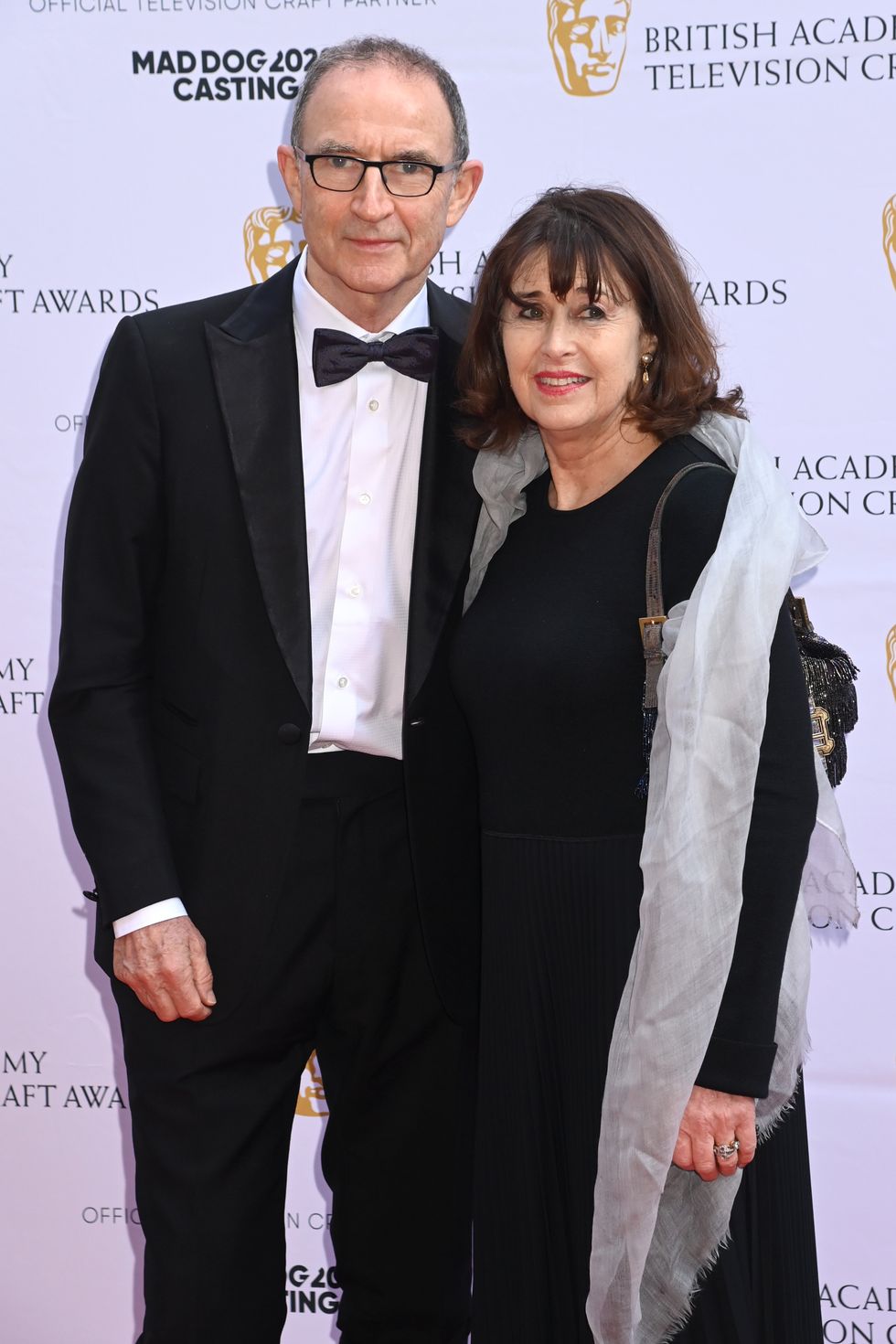
Martin O'Neill previously quit Celtic in 2005 to look after his wife Geraldine
|GETTY
The decision shocked supporters but drew widespread admiration for its humanity.
Celtic ended that campaign by lifting the Scottish Cup — fittingly, O’Neill’s final act on the touchline was guiding his team to one last trophy, sealed by a 1–0 victory over Dundee United.
When he departed, he did so with the respect and affection of an entire fanbase.
His record spoke for itself: 213 wins from 282 games, a 75 per cent success rate, and a legacy of restored belief.
More than the silverware, O’Neill left behind a sense that Celtic once again belonged among football’s great institutions.
Now, nearly 20 years later, O’Neill’s unexpected return as caretaker manager comes at another moment of turbulence.
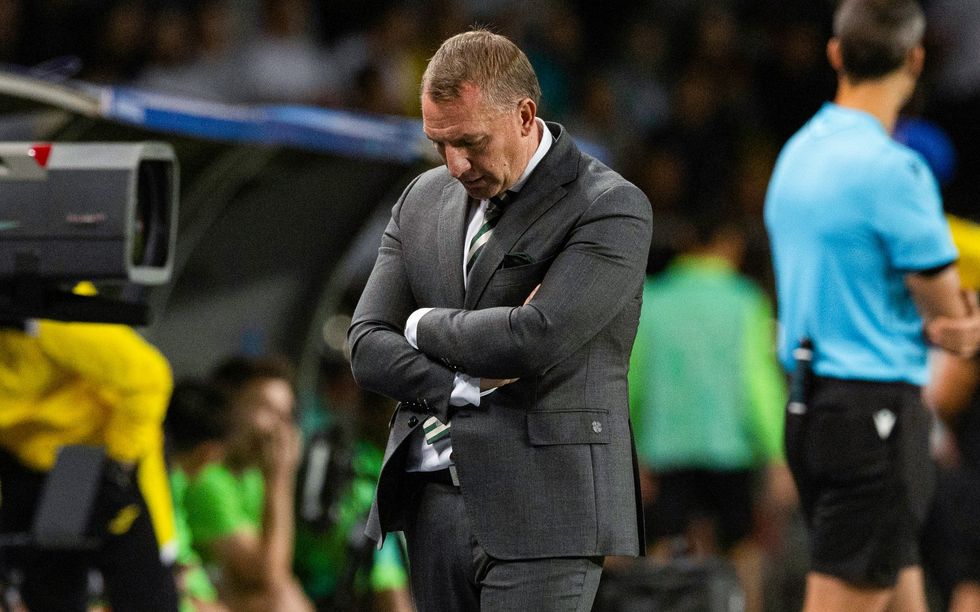
Brendan Rodgers resigned as Celtic manager on Monday night
| GETTY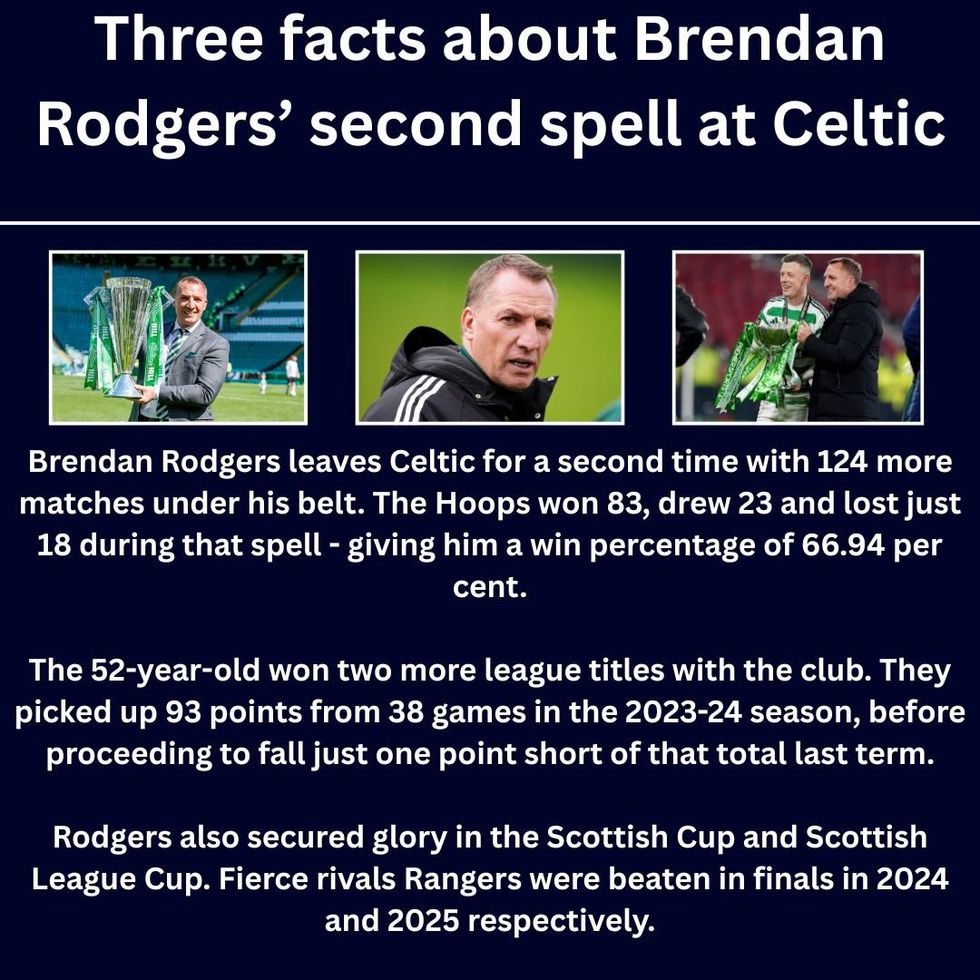 Brendan Rodgers' second stint at Celtic is now over | GBNEWS/PA
Brendan Rodgers' second stint at Celtic is now over | GBNEWS/PABrendan Rodgers’ abrupt resignation and the ensuing war of words with principal shareholder Dermot Desmond have left the club in need of stability and unity.
O’Neill, assisted by former player Shaun Maloney, has been asked to restore calm and direction — a task that will require the same authority and emotional intelligence that defined his first spell.
For supporters, his reappearance in the Celtic dugout will stir memories of glory days and grit.
In 2005, he left because family came first. In 2025, he returns because Celtic once again need one of their own to steady the ship. O’Neill may not be the long-term answer, but history suggests he's more than capable of securing much-needed victories.







